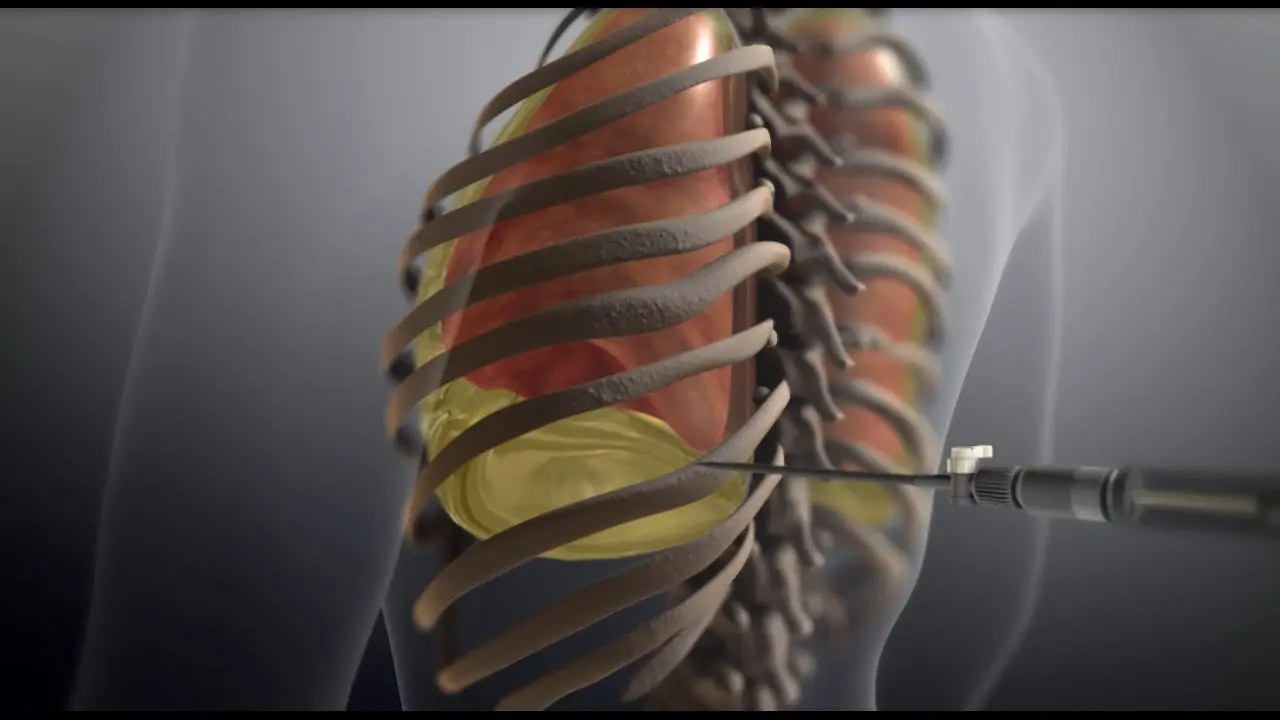- Home
- Medical news & Guidelines
- Anesthesiology
- Cardiology and CTVS
- Critical Care
- Dentistry
- Dermatology
- Diabetes and Endocrinology
- ENT
- Gastroenterology
- Medicine
- Nephrology
- Neurology
- Obstretics-Gynaecology
- Oncology
- Ophthalmology
- Orthopaedics
- Pediatrics-Neonatology
- Psychiatry
- Pulmonology
- Radiology
- Surgery
- Urology
- Laboratory Medicine
- Diet
- Nursing
- Paramedical
- Physiotherapy
- Health news
- Fact Check
- Bone Health Fact Check
- Brain Health Fact Check
- Cancer Related Fact Check
- Child Care Fact Check
- Dental and oral health fact check
- Diabetes and metabolic health fact check
- Diet and Nutrition Fact Check
- Eye and ENT Care Fact Check
- Fitness fact check
- Gut health fact check
- Heart health fact check
- Kidney health fact check
- Medical education fact check
- Men's health fact check
- Respiratory fact check
- Skin and hair care fact check
- Vaccine and Immunization fact check
- Women's health fact check
- AYUSH
- State News
- Andaman and Nicobar Islands
- Andhra Pradesh
- Arunachal Pradesh
- Assam
- Bihar
- Chandigarh
- Chattisgarh
- Dadra and Nagar Haveli
- Daman and Diu
- Delhi
- Goa
- Gujarat
- Haryana
- Himachal Pradesh
- Jammu & Kashmir
- Jharkhand
- Karnataka
- Kerala
- Ladakh
- Lakshadweep
- Madhya Pradesh
- Maharashtra
- Manipur
- Meghalaya
- Mizoram
- Nagaland
- Odisha
- Puducherry
- Punjab
- Rajasthan
- Sikkim
- Tamil Nadu
- Telangana
- Tripura
- Uttar Pradesh
- Uttrakhand
- West Bengal
- Medical Education
- Industry
Is it Safe to Perform Thoracentesis in Coagulopathy Patients?

Thoracentesis and tube thoracostomy are common procedures with bleeding risks. A recent study suggests that performing thoracentesis or thoracostomy is safe in patients with uncorrected coagulopathy. The study findings were published in the CHEST Journal on April 23, 2021.
Current guidelines (BTS 2010) recommend that non-urgent pleural aspirations and chest drain insertions should be avoided in anticoagulated patients until the international normalised ratio (INR) <1.5. However, several studies published since then have demonstrated safety at higher levels of INR. There is also little guidance available for the safety of pleural procedures when platelets are low or when patients are on antiplatelets and anticoagulants. Therefore, researchers from the National University of Singapore, Singapore, conducted a study to assess the evidence on the safety of thoracentesis and tube thoracostomy in patients with uncorrected coagulopathy.
In this systemic review and meta-analysis, the researchers included eighteen studies (5,134 procedures) by searching PubMed and Embase from inception through December 31, 2019. Included studies involved patients with uncorrected coagulopathy because of disease (eg, thrombocytopenia, liver cirrhosis, kidney failure) or drugs (eg, antiplatelets, anticoagulants). The major outcome assessed were major bleeding and mortality.
Key findings of the study were:
- Using random-effects meta-analysis, the researchers found that the pooled major bleeding and mortality rate was 0.
- They found no publication bias and excluded six studies that were in abstract form.
- Upon analysing the remaining 12 articles, they found that the pooled major bleeding and mortality rate also was 0.
- In a subgroup analysis of patients with uncorrected coagulopathy, they found similar results.
- This implies a very low, perhaps 0% bleeding and mortality risk, in performing thoracentesis or tube thoracostomy on patients taking antiplatelet or anticoagulant agents or those with thrombocytopenia or coagulopathy from a disease process, like cirrhosis.
The authors concluded, "Among patients with uncorrected coagulopathy who underwent thoracentesis or tube thoracostomy, major bleeding and mortality complications were uncommon. Our results suggest that in appropriately selected patients, thoracentesis or tube thoracostomy can be performed safely."
For further information:
https://journal.chestnet.org/article/S0012-3692(21)00761-3/fulltext
Dr Kartikeya Kohli is an Internal Medicine Consultant at Sitaram Bhartia Hospital in Delhi with super speciality training in Nephrology. He has worked with various eminent hospitals like Indraprastha Apollo Hospital, Sir Gangaram Hospital. He holds an MBBS from Kasturba Medical College Manipal, DNB Internal Medicine, Post Graduate Diploma in Clinical Research and Business Development, Fellow DNB Nephrology, MRCP and ECFMG Certification. He has been closely associated with India Medical Association South Delhi Branch and Delhi Medical Association and has been organising continuing medical education programs on their behalf from time to time. Further he has been contributing medical articles for their newsletters as well. He is also associated with electronic media and TV for conduction and presentation of health programs. He has been associated with Medical Dialogues for last 3 years and contributing articles on regular basis.
Dr Kamal Kant Kohli-MBBS, DTCD- a chest specialist with more than 30 years of practice and a flair for writing clinical articles, Dr Kamal Kant Kohli joined Medical Dialogues as a Chief Editor of Medical News. Besides writing articles, as an editor, he proofreads and verifies all the medical content published on Medical Dialogues including those coming from journals, studies,medical conferences,guidelines etc. Email: drkohli@medicaldialogues.in. Contact no. 011-43720751


